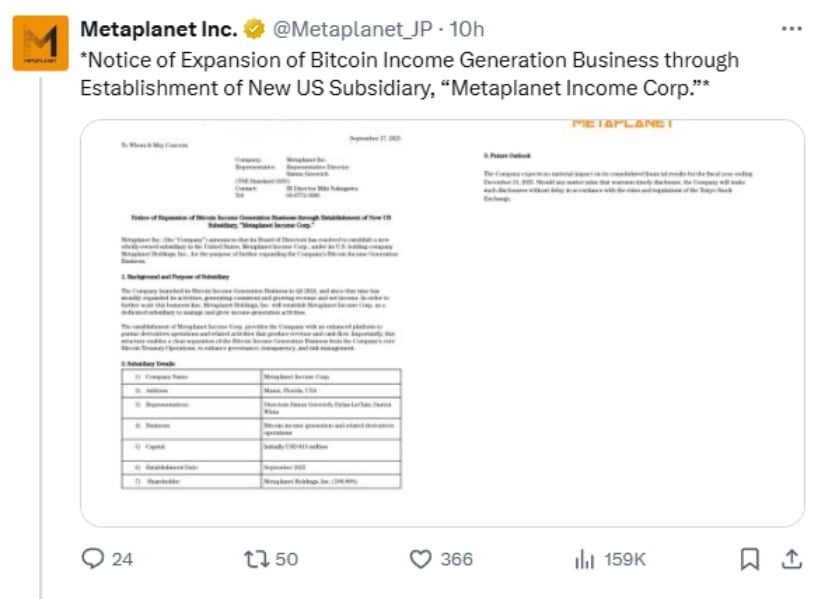Could Ripple (XRP) Be the End of Correspondent Banking?
TLDR
- Ripple is replacing traditional correspondent banking relationships.
- Ripple’s blockchain technology offers faster and cheaper cross-border payments.
- Financial institutions are adopting Ripple for more efficient settlement methods.
- Ripple is recognized as a serious alternative to legacy banking systems.
- Blockchain infrastructure is transforming global payment solutions.
Ripple, the blockchain-based payment network, is transforming the global financial landscape by replacing traditional correspondent banking relationships. Its adoption of blockchain technology is providing faster and more efficient alternatives to legacy systems. Ripple’s growing recognition in official industry reports signals its rising influence in reshaping cross-border payments.
Ripple Reduces Transaction Costs and Delays
Ripple is gaining traction as a solution to the inefficiencies of correspondent banking. This traditional system requires banks to maintain reciprocal accounts across borders, leading to high costs and slow transactions. Ripple’s blockchain technology offers a more direct and cost-efficient method, significantly reducing transaction times and fees.
Ripple’s ability to facilitate near-instant cross-border transactions is a major factor in its increasing popularity. Financial institutions are recognizing the advantages of Ripple’s network over traditional banking systems.
The rapid expansion of domestic instant payments and cross-border payment solutions is a driving force behind Ripple’s growth. Analysts see Ripple as a key player in this transformation, providing an alternative to established banking systems. As the demand for quicker, cheaper payment solutions rises, Ripple’s role in global finance continues to expand.
Blockchain Infrastructure and Technological Advancements
The emergence of blockchain technology has played a pivotal role in reshaping global payments. Ripple’s integration of blockchain offers significant improvements in transparency and settlement speed. By bypassing traditional banking networks, Ripple allows for real-time transactions with lower costs and enhanced security.
Ripple’s recognition in official reports further highlights its growing role in the industry. The financial sector is increasingly considering blockchain as a viable alternative to older systems. The creation of instant payment schemes like SCT Inst is pushing institutions to adopt new technologies like Ripple.
Ripple’s recognition underscores the broader trend toward digitalization in the financial sector. Institutions are shifting towards more efficient infrastructures as traditional banking models are phased out. As regulators work to establish frameworks for these technologies, Ripple is positioned to play a central role in this transformation.
Financial Institutions Explore Ripple for Payments
The recent mention of Ripple in a respected industry report signifies its growing presence in mainstream financial discussions. The report emphasized Ripple’s importance as a potential replacement for traditional correspondent banking relationships. Financial institutions are actively exploring Ripple and other blockchain solutions for faster and more efficient payment systems.
Ripple’s integration into financial markets faces challenges, including regulatory compliance and settlement finality. However, its increasing acceptance demonstrates that blockchain-based infrastructures are becoming integral to future global payments.
The post Could Ripple (XRP) Be the End of Correspondent Banking? appeared first on CoinCentral.
You May Also Like

Tokyo Fashion Brand Expands Into Bitcoin and AI

Japanese Bitcoin Giant Metaplanet Raises $1.4 Billion to Enter U.S. Market
